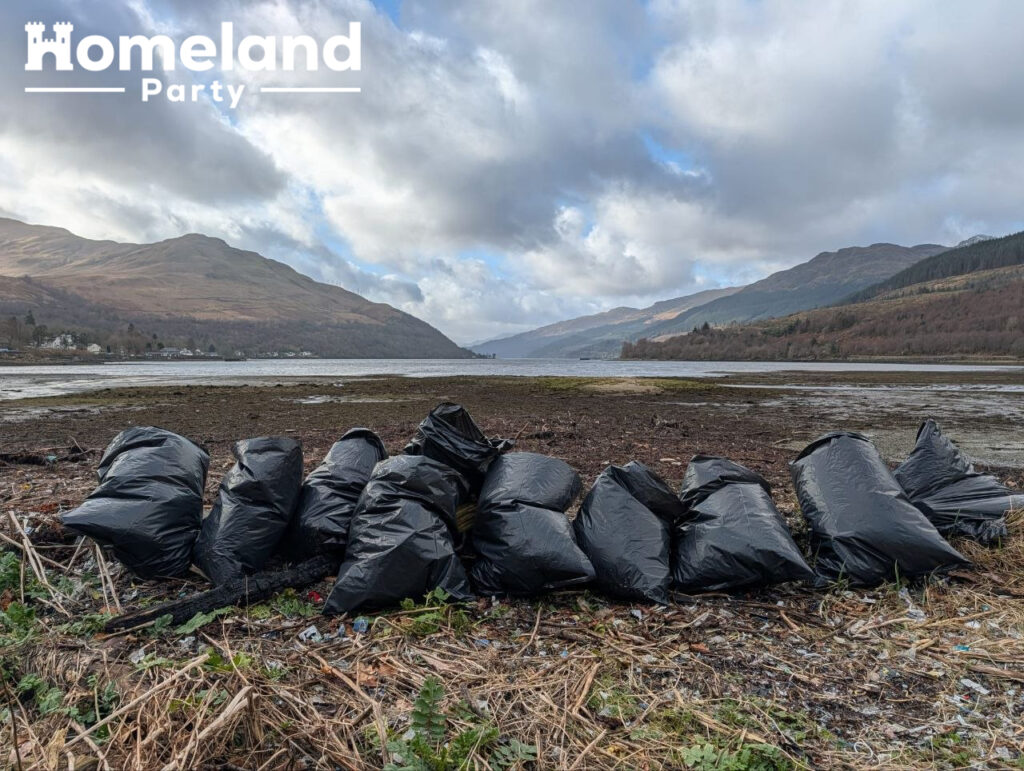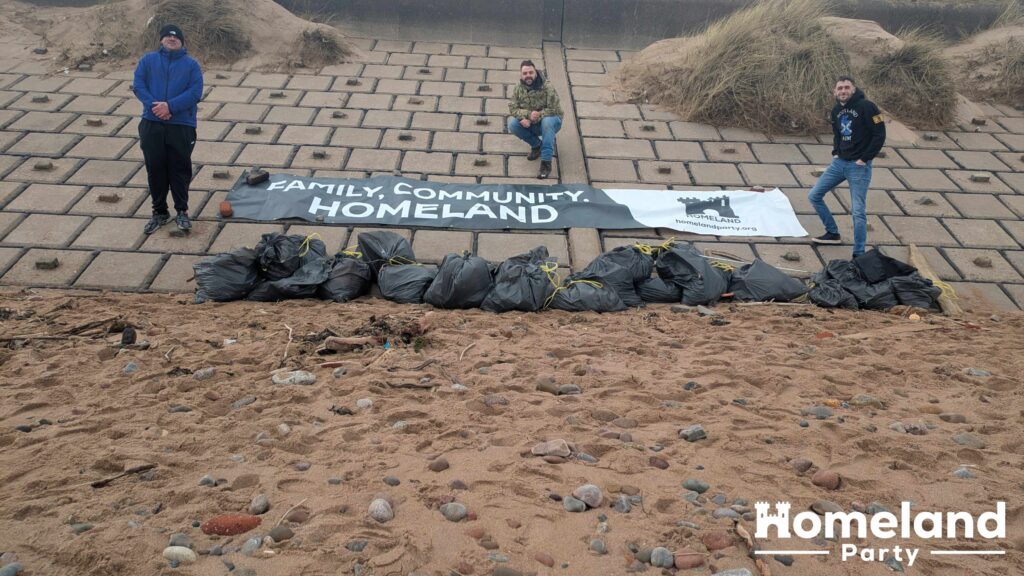From 2004 to 2005, a significant criminal investigation into child sexual exploitation was conducted in Manchester. Recently, a report on this investigation has been released. As is often the case in such investigations, the outcome is damning for both the police and local government, who were complicit in this horrific betrayal.
This report will be part of the assurance exercise commissioned in 2017 by the Mayor of Greater Manchester, Andy Burnham, following the BBC broadcast of the Betrayed Girls documentary.
The question arises whether the responsibility for this failure lies with the individuals who are no longer in positions of authority or if it is a more significant issue that pervades our public services and has yet to be fully addressed.
The main findings of the report are as follows. Be warned, this is not light reading:
'Prior to her tragic death at the age of 15, Victoria Agoglia, a child in the care of Manchester City Council, was subjected to multiple threats, assaults, and serious sexual exploitation. This was known to both the police and children’s social care but none of these incidents led to an investigation to protect her from significant harm. Only weeks before her death, Victoria disclosed to her social workers that she was being injected with heroin by an older Asian man for favours. No action was taken by the police or social care to address this, and Victoria subsequently died after having been administered an overdose. The men who sexually exploited Victoria have never been brought to justice for their crimes even though her family have been campaigning for many years, for her case to be re-opened.'
'Operation Augusta was launched following the death of Victoria, and during its initial scoping phase, the investigation built up a compelling picture of the systematic exploitation of looked-after children in the care system in the city of Manchester. They reported that there were potentially in the region of 97 persons of interest who had been identified as being involved in some way in the sexual exploitation of the victims.'
'While the review team’s report recognises that there was much in Operation Augusta to be commended there were some fundamental flaws in how it was resourced. This had a significant negative impact on the investigation strategy and the operation was prematurely closed down by senior officers before it could complete its work.'
'There were very few positive criminal justice outcomes emanating from Operation Augusta. Specifically, only two outcomes related to the original set of children who formed the target group for the investigation. The review team independently identified the names of 68 individuals who could reasonably have been assumed to have been part of the cohort of individuals referred to in the scoping report as persons of interest. The review also worked with Manchester City Council to identify if any of these adults were known to the council at the time, and whether the potential risks they presented to children had been actively considered. In summary, the report concludes that although there was significant information held by both Manchester City Council and Greater Manchester Police on some individuals who potentially posed a risk to children, the review team can offer no assurance that appropriate action was taken to address this risk.'
'The review team undertook a detailed analysis of a sample of 25 children known to Operation Augusta. They concluded there was a significant probability that 16 children in the sample were being sexually exploited, and the review team could offer no assurance that this abuse was appropriately addressed by either Greater Manchester Police or the responsible local authority. (Fifteen of these children were looked after by Manchester City Council and one by another local authority).'
'In conclusion, the assurance review has established that most of the children they considered were failed by police and children’s services. The authorities knew that many were being subjected to the most profound abuse and exploitation but did not protect them from the perpetrators. This is a depressingly familiar picture and has been seen in many other towns and cities across the country. However, familiarity makes it no less painful for the survivors involved, and it should in no way detract from the need for them to be given the opportunity to ask that the crimes committed against them now be fully investigated. The review team also apply the same expectation to the family of Victoria Agoglia, who have been asking for her abuse to be investigated since her tragic death in 2003.'
'Furthermore, the review team recommends that the Mayor, as Police and Crime Commissioner, consider with Greater Manchester Police and Manchester City Council how the people who appeared to present a risk to children in 2004 can now be brought to justice and any risk they still present to children mitigated.'
'The review report emphasises that any future approach needs to go beyond the investigation of individual complaints and addresses the exploitation of a significant number of children as recognised by Operation Augusta at the time. Anything less would risk repeating the mistakes of the past and not give the survivors the justice they deserve.'So, what have we learned? One thing we can deduce is that the home office report on grooming gangs is completely useless given the fact that large numbers of these perpetrators were never arrested, let alone convicted.
Another aspect of this is the tendency to throw in tired old excuses like budget constraints, or it was the last government official who failed. However, it is becoming clear that there was a concerted effort to cover up many aspects of these crimes, as can be seen by examining the treatment of Sara Rowbotham and Maggie Oliver.
Maggie Oliver was a detective constable. Oliver worked on the Rochdale child sex abuse ring case for the Greater Manchester Police. She claims that the convictions that were made in the Rochdale child sex abuse ring of 9 men in early 2012 barely scratched the surface of what she describes as a highly organised crime group of hundreds of perpetrators against countless young victims. When Oliver started investigating the sex abuse ring, she had worked for the police force since 1997. She had been part of The Serious Crime Division of the GMP and investigated countless gangland murders, shootings, kidnappings, rapes and witness protection cases. The first contact with the scandal was her investigation into multiple severe sexual assaults perpetrated mainly by Pakistani men.
Two serious case overview reports published by Rochdale Local Safeguarding Children’s Board in 2013 explicitly criticised Sara Rowbotham and the Crisis Intervention Team for not following child protection procedures and not communicating appropriately with other agencies. However, this review has established that, by October 2012, the multi-agency CSE strategy group chaired by GMP was aware of approximately 127 potential victims referred by the Crisis Intervention Team to children’s social care that had not been acted on over the years. This figure later grew to 260 potential victims.
This information was clear to all the partners three months before the serious case review overview reports were published in December 2013. In contrast, the review has found compelling evidence to support the view that the Crisis Intervention Team was sharing explicit information with the authorities on the exploitation of multiple children.
We are glad Maggie Oliver, Sara Rowbotham, and her team have been vindicated and exonerated.
‘For several years, Sara Rowbotham and her colleagues were lone voices in raising concerns about the sexual exploitation and abuse of these children. Both GMP and Rochdale Council failed to respond appropriately to these concerns, and it has been a gross misrepresentation to suggest that the Crisis Intervention Team in some way was complicit with this failure and to tarnish the reputation of this small group of professionals.’
Malcolm Newsam, lead author, said: ‘This review was initiated following the serious allegations made by both Maggie Oliver and Sara Rowbotham, and we have found their allegations to be substantiated through this review.’
Our concern is that the issue that led us to this catastrophic failure has not and will not be addressed. There was a systemic failure throughout our entire system of governance, and as of yet, they have not or refuse to acknowledge it.


